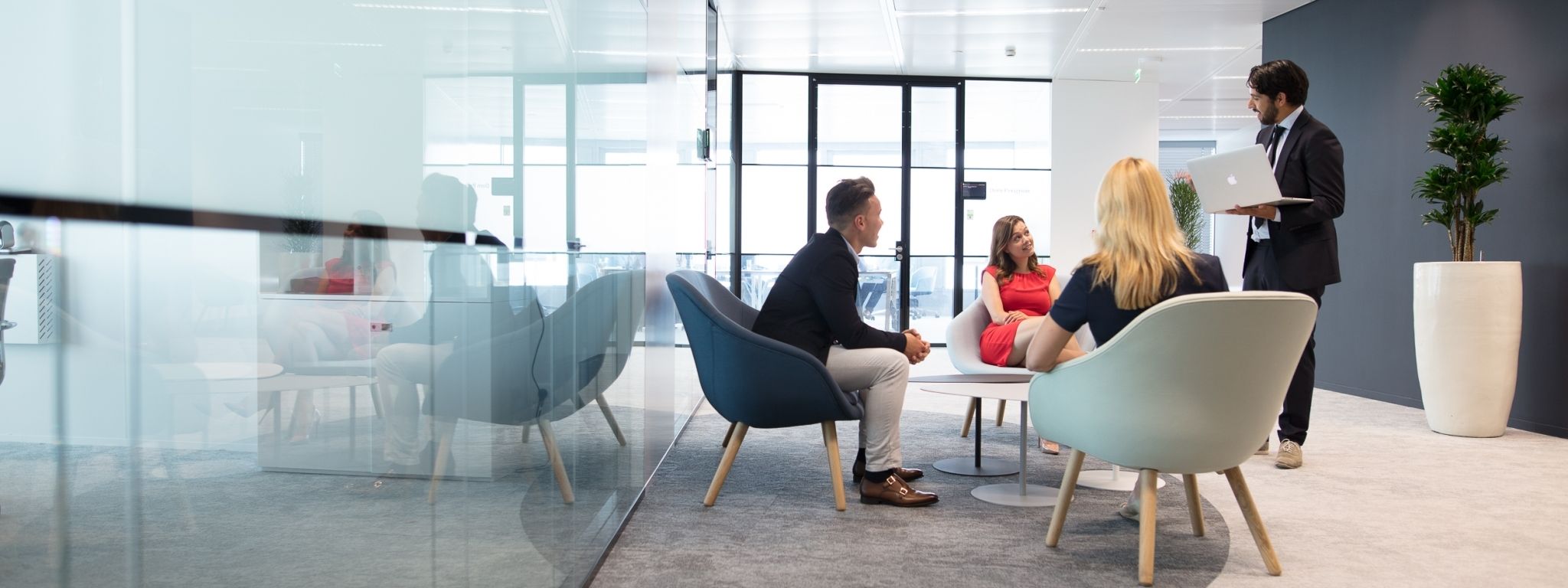Flexible workspaces enable flexibility in work design of employees, which is thought to lead to increased flexibility for organizations, better work-life balance and improved organizational performance. Designed around concepts of autonomous work environments with collaborative and communal as well as relaxing and touchdown spaces and co-working zones, flexible workplaces reflect the current trends of extreme mobility, need for freedom to decide when and where to work, and focus on well-being and employee satisfaction.
Declared by Forbes, the way of the future – flexible or agile working, is the counter movement to a rigid 9-to-5, five days per week work structure, rooted in the freedom to choose to work when and where employees want to.
The increased demand for flexible working, has been recently outlined by research by Capability Jane in the UK. Some of the outcomes highlight trends that will affect and have an impact on the way of working, and thus on workplace strategies:
- 92% of Millennials identify flexibility as a top priority when choosing for a job
- 80% of women and 52% of men want flexibility in their next role
- 70% of UK employees feel that flexible working makes a job more attractive to them and 30% would prefer flexible working to a pay rise.
Remote Work on the Rise
There’s little doubt that the trend of employees working in non-centralized locations is on the uptick. A recent study by Upwork found that 63% of companies now have remote workers. Another study revealed that 70% of people globally work away from the office at least once every week. Because of the role it plays in better work-life balance, offering flexibility and the option to work remotely will weigh heavily in attracting and retaining talent and will force organizations to develop more formal work-from-home policies.
Despite its benefits, however, remote work is not a one-size fits all proposition. Organizsations will need to take stock of business needs at the company, department, and individual level and develop a remote work strategy that incorporates processes as much as it does technology. This is often the difference between success and failure of remote work.
Sources: Forbes / The Evolving Workplace and Forbes / Flexible working the way of the future




